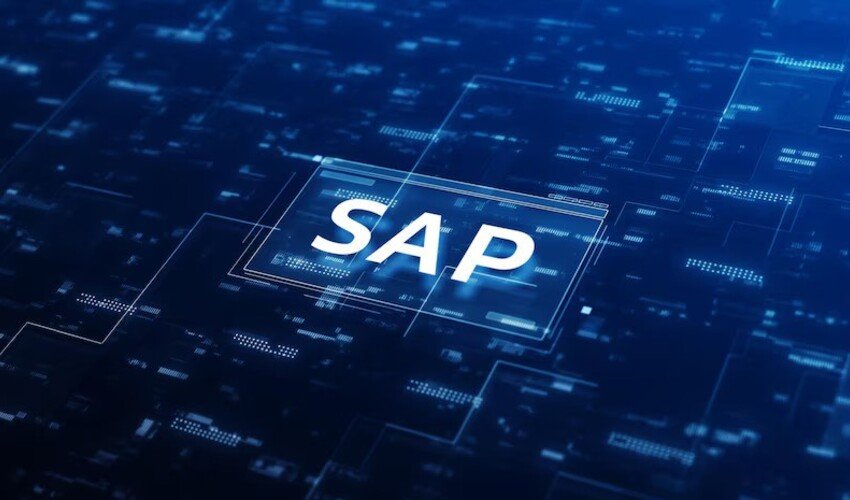SAP Ariba connect capabilities extend far beyond basic supplier networking, particularly in its complex architecture components. The platform utilizes SOAP/XML APIs with specific endpoint configurations at ports 443 and 8443, requiring precise SSL certificate management for secure transmission of cXML documents between trading partners.
Technical Framework Specifics
The platform’s distinguishing feature lies in its proprietary cXML implementation, which differs from standard XML in several key aspects. For instance, the OrderRequest document type supports custom fields through the extrinsic element, enabling organizations to pass industry-specific data like UNSPSC codes or custom material specifications. This flexibility has proven particularly valuable in industries with complex categorization needs, such as chemical manufacturing and pharmaceutical supply chains.
Key technical specifications include:
- HTTP/S protocols with specific cipher suite requirements (TLS 1.2+)
- Payload size limitations of 50MB for synchronous and 1GB for asynchronous transmissions
- Mandatory support for UTF-8 encoding with BOM markers
- Custom header requirements for routing information
Integration Challenges and Solutions
Common integration pitfalls often emerge during the initial setup phase. For example, when configuring supplier connections, organizations frequently encounter issues with incorrect trading partner IDs in the From/To credential pairs. A specific case involved a European automotive manufacturer whose purchase orders failed due to DUNS number mismatches in the credential headers. The solution required implementing a custom mapping table to translate internal supplier codes to DUNS numbers.
Authentication mechanisms require careful consideration:
- Network-based authentication using dedicated IP ranges
- Certificate-based authentication with specific X.509 requirements
- Custom HTTP header authentication for legacy systems
Industry-Specific Implementations
The oil and gas sector has leveraged SAP Ariba Connect’s capabilities in unique ways. One major operator implemented custom validation rules for material master data synchronization, incorporating specific API calls to verify hazardous material classifications against regional regulatory databases. This implementation reduced compliance-related delays by 67% and eliminated manual verification steps.
Healthcare providers have adapted the platform’s document exchange capabilities to handle unique requirements like:
- UDI (Unique Device Identification) tracking
- Lot number validation
- Expiration date monitoring
- Temperature control logging
Performance Optimization
Real-world performance metrics reveal specific bottlenecks and solutions:
- Document processing throughput averages 100 transactions per second with proper queue management
- Response time optimization requires careful attention to database indexing strategies
- Batch processing implementations benefit from custom scheduling windows aligned with regional business hours
Future Technical Developments
Recent technical previews highlight upcoming features:
- GraphQL API implementation for more efficient data queries
- Native support for JSON-LD in document exchange
- Enhanced webhook capabilities for real-time integration
- Improved handling of multi-byte character sets for Asian markets
Conclusion
SAP Ariba Connect’s technical architecture provides robust integration capabilities, but success depends heavily on proper implementation of its specific protocols and standards. Organizations must focus on detailed technical requirements while maintaining flexibility for industry-specific adaptations.
Read Dive is a leading technology blog focusing on different domains like Blockchain, AI, Chatbot, Fintech, Health Tech, Software Development and Testing. For guest blogging, please feel free to contact at readdive@gmail.com.





